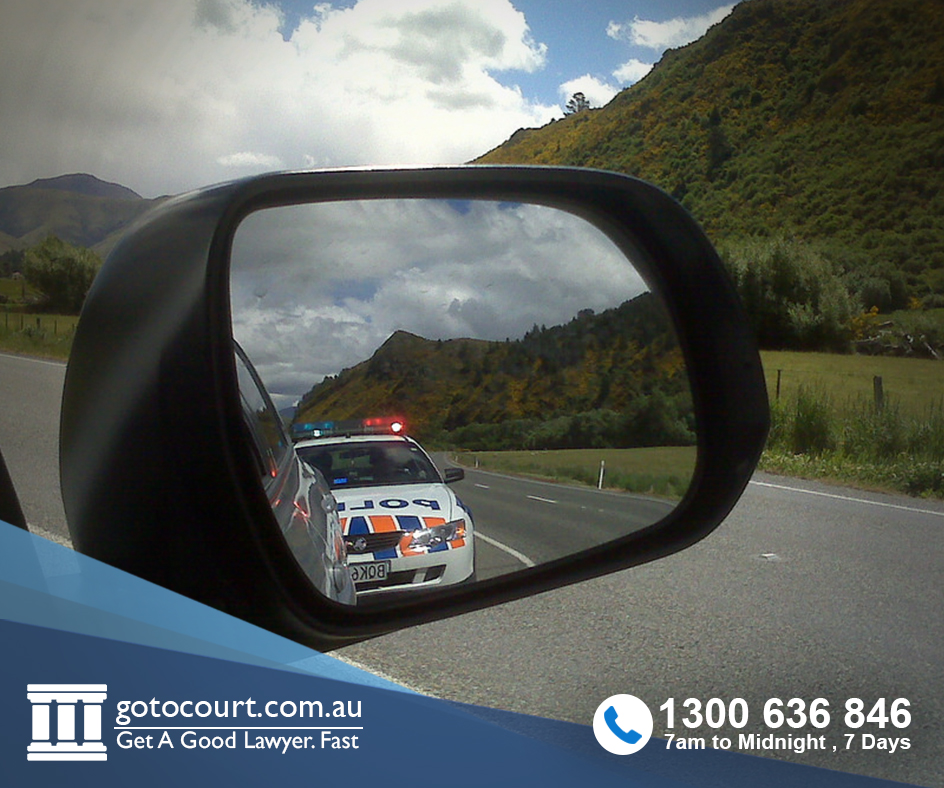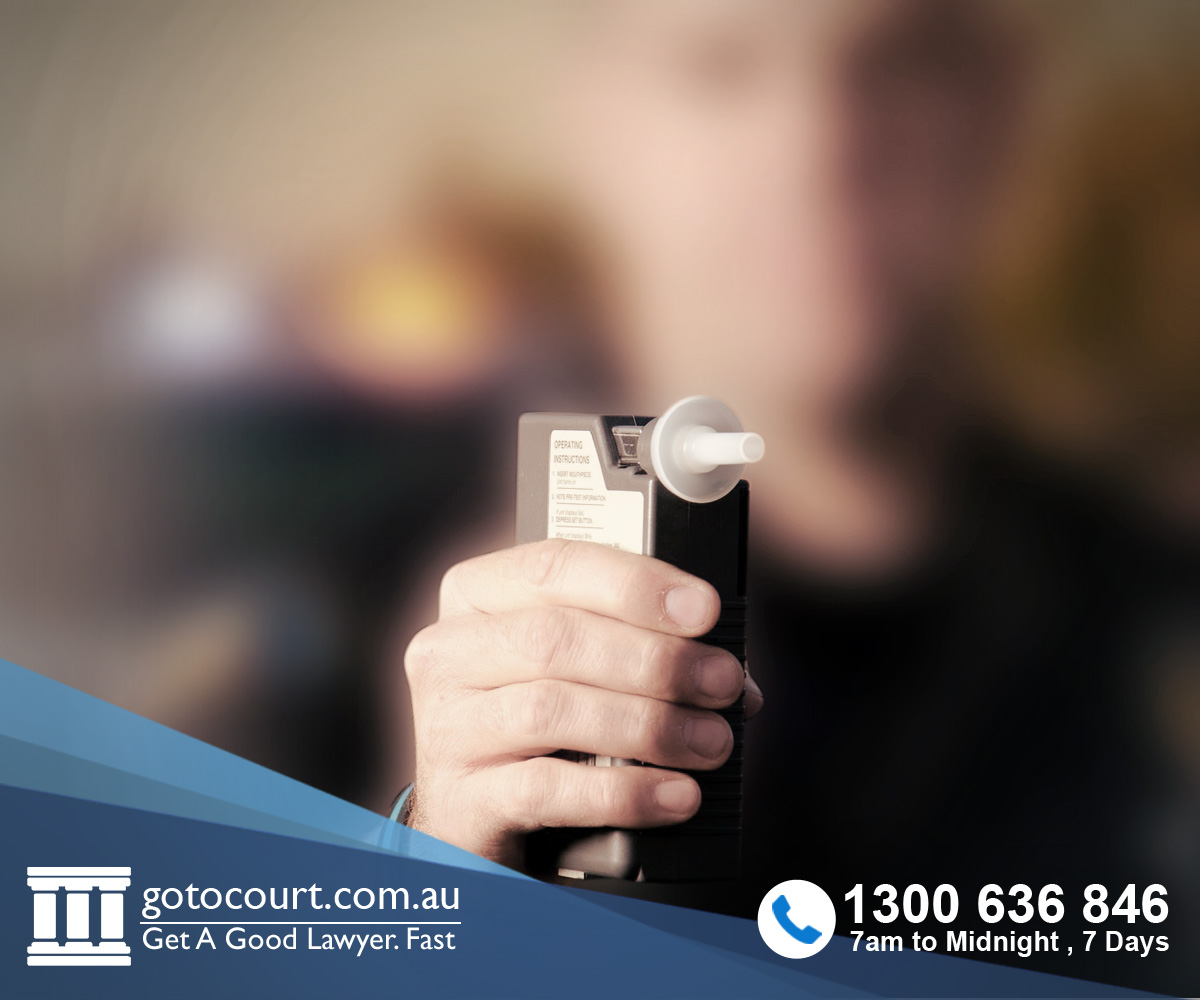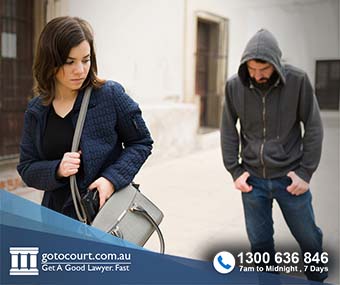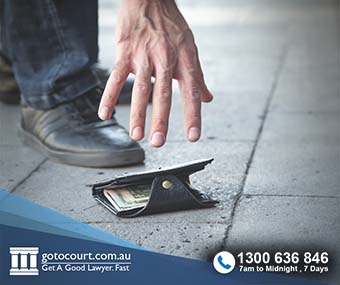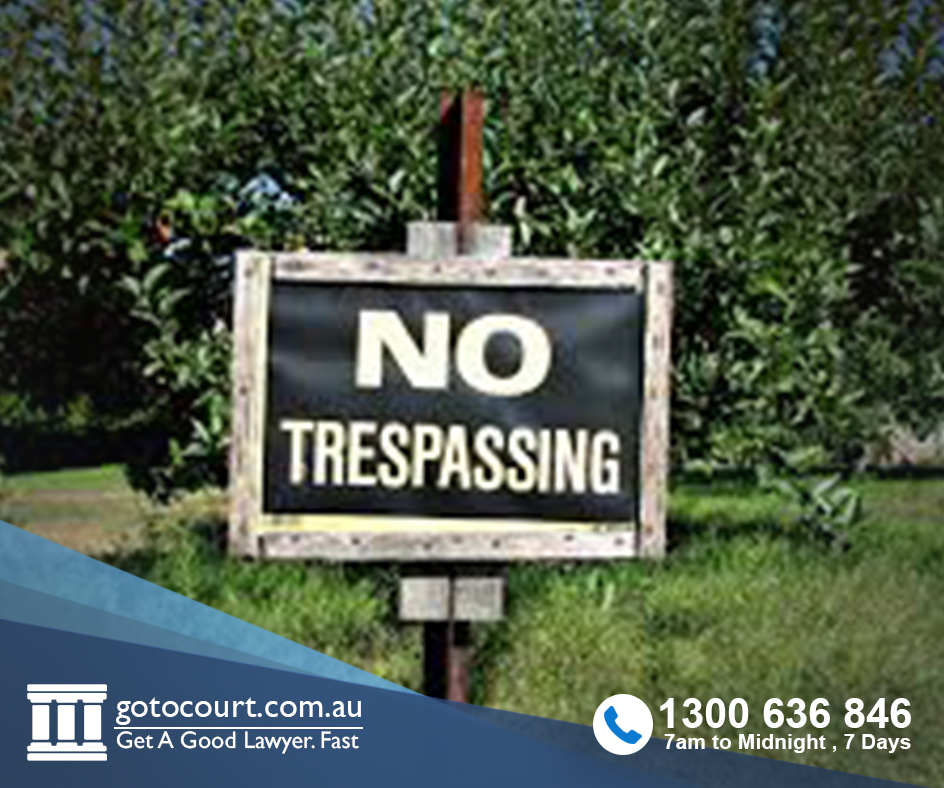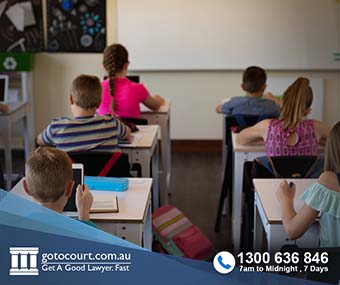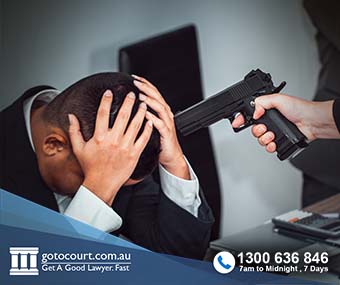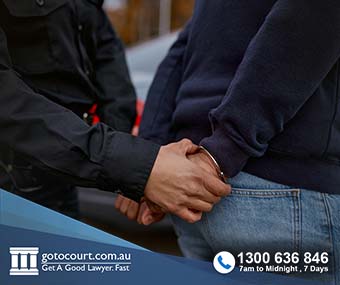False Imprisonment
False Imprisonment
False imprisonment is a common law offence in Victoria, New South Wales and South Australia. Code jurisdictions, such as the Northern Territory and Queensland have an equivalent offence of Deprivation of Liberty, which is found in legislation.
False imprisonment is also a tort, (civil wrong). The same set of facts can amount to both the offence and the tort of false imprisonment and both a criminal prosecution and civil proceedings can be commenced.
False imprisonment is constituted by ‘the intentional and unlawful restraint of the liberty of another person against that person’s will.’ (Coldrey AJA in R v Huynh (2006) 165 A Crim R 586)
What must be proved?
A person can be falsely imprisoned by a private individual or by public authorities. Private individuals commonly commit false imprisonment during the course of assaults and kidnappings, domestic violence and sexual assault as well as in circumstances where no other offence is being committed. Police can be found to have falsely imprisoned a person if they hold someone in custody without lawful authority or for longer than it is lawful to do so. This usually occurs because of administrative errors, such as getting a person’s bail status or prison release date wrong.
For a person to be falsely imprisoned their freedom must be unlawfully restricted to the point where they cannot move from one place to another. The restraint must be a total, not just a partial, obstruction of the person’s free movement. There must be no reasonable means of escape. A person unlawfully confined to a motor vehicle is falsely imprisoned where the only escape is jumping from the moving vehicle.
The person need not be restrained by physical force or a physical barrier. The threat of force is sufficient for the offence or tort to be made out. For example, where an armed robber tells customers to get on the floor, threatening to shoot them if they try to leave, false imprisonment occurs without any physical contact.
For false imprisonment to be proven, the defendant must intend to detain the victim. There need not be any intention to arouse fear of violence. However the tort of false imprisonment is a tort of strict liability. This means that although the defendant must intend to detain the victim, he or she need not intend to do so unlawfully. Therefore, in circumstances where a public authority makes an administrative error that results in someone being unlawfully detained, they may be sued for false imprisonment notwithstanding it was a mistake. Similarly, if a private individual detains someone in a ‘citizen’s arrest’, believing them to have committed a serious offence, they may be sued for false imprisonment if that belief turns out to have been erroneous.
What are the defences?
Voluntary consent
It is a defence to false imprisonment if the victim consented to confinement without duress, coercion or fraud. An example of this would be where a person boards a commercial aircraft, knowing they will be confined and unable to leave for the duration of the flight.
Police privilege
Police may detain a person if they believe a crime has been committed. This may occur when a serious offence is committed in public view and police become involved without a warrant being issued.
Shopkeeper’s privilege
A shopkeeper may detain a person for a brief period if they believe he or she has committed retail theft. This may be for a short period while they ascertain whether an item has been paid for or while the authorities are contacted.
Citizen’s arrest
In some circumstances, where a serious offence has been committed, a person may detain another until law enforcement officers arrive in what is known as a citizen’s arrest. This may occur when an offender has been ‘on the run’ and their name and photograph have been published in relation to offences.
Reasonable parental discipline
It is lawful for a person to detain his or her children provided the act falls within the ambit of reasonable parental discipline. For instance, confining a child to a bedroom as a punishment would not be false imprisonment unless the confinement continued for an unreasonable length of time.
Related offences
Kidnapping
The offense of kidnapping requires the victim to have been taken away, whereas false imprisonment only requires the victim to be prevented from moving from place to place.
Assault
In some circumstances, an assault may occur together with an instance of false imprisonment or may be an alternative charge for the same act. However, false imprisonment can occur even where there is no assault.
Manus Island class action
In 2016, the Papua New Guinea Supreme Court held that the detention of asylum seekers in the Manus Island Detention Centre was unlawful. This was because the right to personal liberty is entrenched in the PNG constitution. No such right is entrenched in the Australian constitution. The following year, the asylum seekers remaining in the Manus Island Detention Centre were transferred to another facility in which their freedom of movement is not restricted.
In July 2017, the detainees initiated a class action against both the Australian government and the PNG government seeking compensation for false imprisonment. The case has not yet been decided.

Affordable Lawyers
Our Go To Court Lawyers will assist you in all areas of law. We specialise in providing legal advice urgently – at the time when you need it most. If you need a lawyer right now, today, we can help you – no matter where you are in Australia.How It Works




1. You speak directly to a lawyer
When you call the Go To Court Legal Hotline, you will be connected directly to a lawyer, every time.

2. Get your legal situation assessed
We determine the best way forward in your legal matter, free of charge. If you want to go ahead and book a face-to-face appointment, we will connect you with a specialist in your local area.

3. We arrange everything as needed
If you want to go ahead and book a fact-to-face appointment, we will connect you with a specialist in your local area no matter where you are and even at very short notice.


